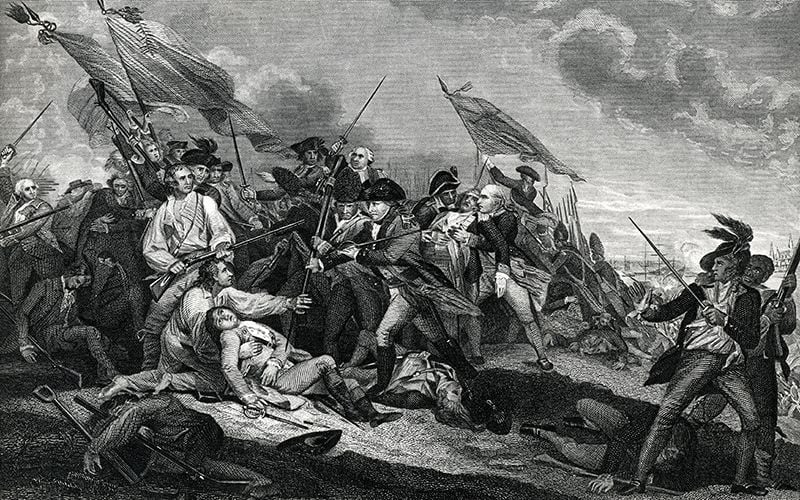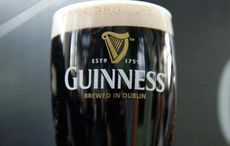John Purroy Mitchel, the 95th Mayor of New York from 1914-1917, was the grandson of an Irish Nationalist.
The city's second-youngest mayor at that point in history, he was called the Boy Mayor of New York and seriously shook up some corrupt schemes.
Mitchel was born on July 19, 1879, in the Fordham area of the Bronx to Mary Purroy, the daughter of Juan Bautista Purroy, the Consul General of Venezuela in New York, and James Mitchel, a fire marshal and the son of Irish Nationalist leader John Mitchel.
Read More: Irish words litter New York City slang
Trained as a lawyer, in 1907, Mitchel was hired by the New York City Corporation Council to investigate potential corruption in the office of Manhattan Borough President John F. Ahearn. Per a recent historical profile in the Irish Times, he compiled a whopping 3,000 pages of testimony that found Ahearn guilty of vast nepotism, hiring friends and family, and filling many more positions than was necessary.
Ahearn was dismissed from his post by the governor and Mitchel went on to investigate the Borough Presidents of the Bronx, Queens, and Brooklyn, bringing each of them down on corruption charges in turn.
Mitchel's reputation as a reformer who told truth to power earned him many fans among the opponents of Tammany Hall, New York City's powerful Democratic political machine. In 1913, he ran for mayor on the Republican Party ticket, with a campaign promise to restore decency to City Hall.
Read More: Patrick McMahon, the Irishman who became President of France
He won by 121,000 votes and at the age of 34 became the second-youngest mayor at that point in the city's history, earning Mitchel the nickname The Boy Mayor of New York.
During his term as mayor - over the course of which WWI began and Ireland's 1916 Easter Rising took place - Mitchel introduced reforms to cut down on corruption, particularly within the New York City Police Department. However, the economic downturn combined with some unpopular education reforms he issued led Mitchel to lose many fans.
On April 17, 1914, after Mitchel had been in office for only three months, a 71-year-old Irish immigrant named Michael P. Mahoney attempted to assassinate Mitchel, firing a gun into his car. The bullet missed him but grazed the chin of Frank Lyon Polk, then New York City's corporation counsel.
As WWI continued, Mitchel turned his focus to patriotism and military preparedness, denouncing Germans, Jews, and his fellow Irish as enemy sympathizers, and calling for universal military training. This added to his unpopularity and during his 1917 re-election campaign, he lost the Republican primary to William M. Bennett. He ran anyway and lost by a landslide to Tammany Hall Democratic candidate John F. Hylan.
Read More: Brooklyn's forgotten Irishtown and the Whiskey Wars they waged
After losing the election, Mitchel joined the Air Force, reaching the rank of major. Tragically, on July 6, 1918, flying back from a training exercise to Gerstner Field in Louisiana, Mitchel's plane went into a nosedive. Mitchel fell out of the plane and plunged 500 feet to his death.
His funeral drew 10,000 people to the streets leading up to St. Patrick's Cathedral. Among his pallbearers was Theodore Roosevelt, who said of Mitchel, “In all our country there was no finer American and no more upright and able public servant.”




Comments